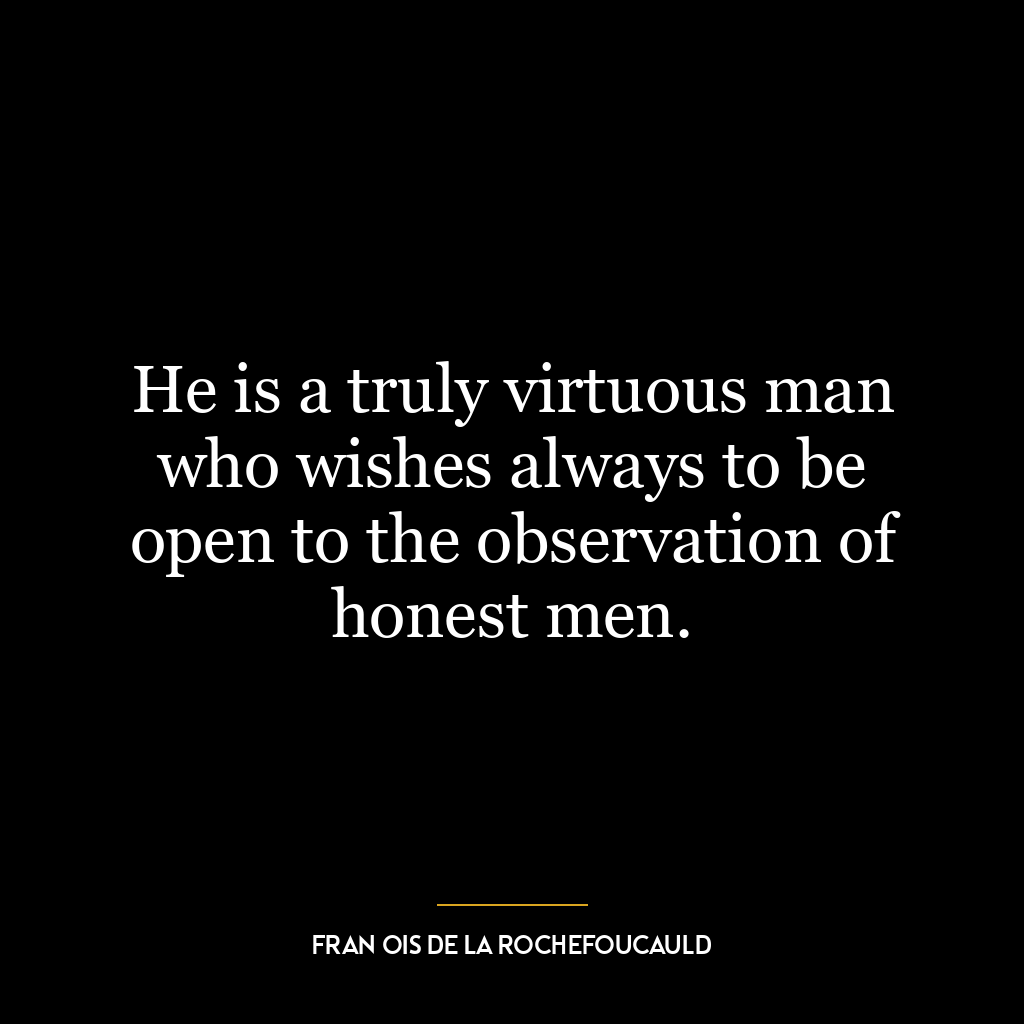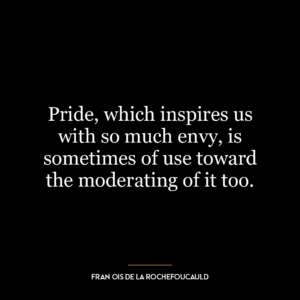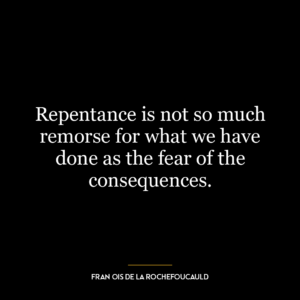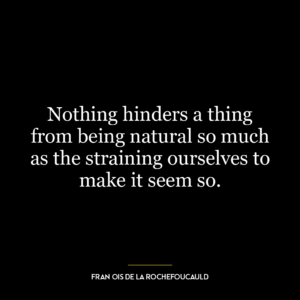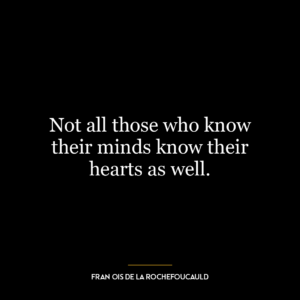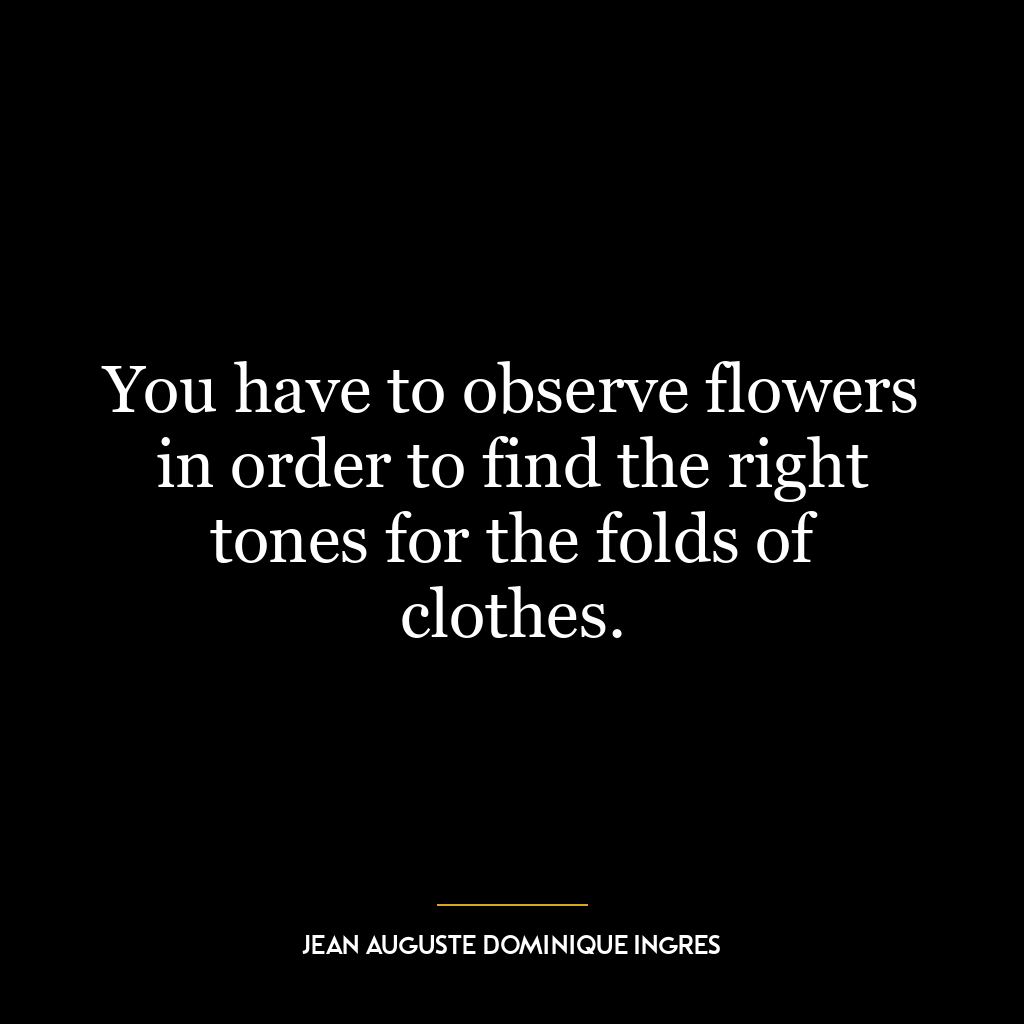He is a truly virtuous man who wishes always to be open to the observation of honest men.
This quote emphasizes the importance of transparency and integrity in one’s character. It suggests that a genuinely virtuous person is one who is unafraid of scrutiny from others, particularly those who are honest. This individual does not hide or disguise their actions but rather openly welcomes observation. This transparency is a testament to their strong moral character and unwavering ethical standards.
The quote also subtly hints at the role of community or society in shaping and validating individual virtue. The virtuous person is not just virtuous in isolation, but their virtue is also recognized and confirmed by the honest people around them.
In today’s world, this idea is particularly relevant in the context of leadership, whether in politics, business, or other fields. Leaders who are open to scrutiny and feedback, who act transparently and with integrity, are often more respected and trusted. They foster a culture of honesty and accountability, which can lead to greater success and harmony in their organizations or communities.
On a personal level, this quote can serve as a reminder to aspire for honesty and transparency in all aspects of life. It encourages us to act in ways that we would not be ashamed for others to see, and to be open to constructive criticism from others. This kind of openness can lead to personal growth and development, as it allows us to recognize and address our flaws and shortcomings. It also helps to build strong, trusting relationships with others.

